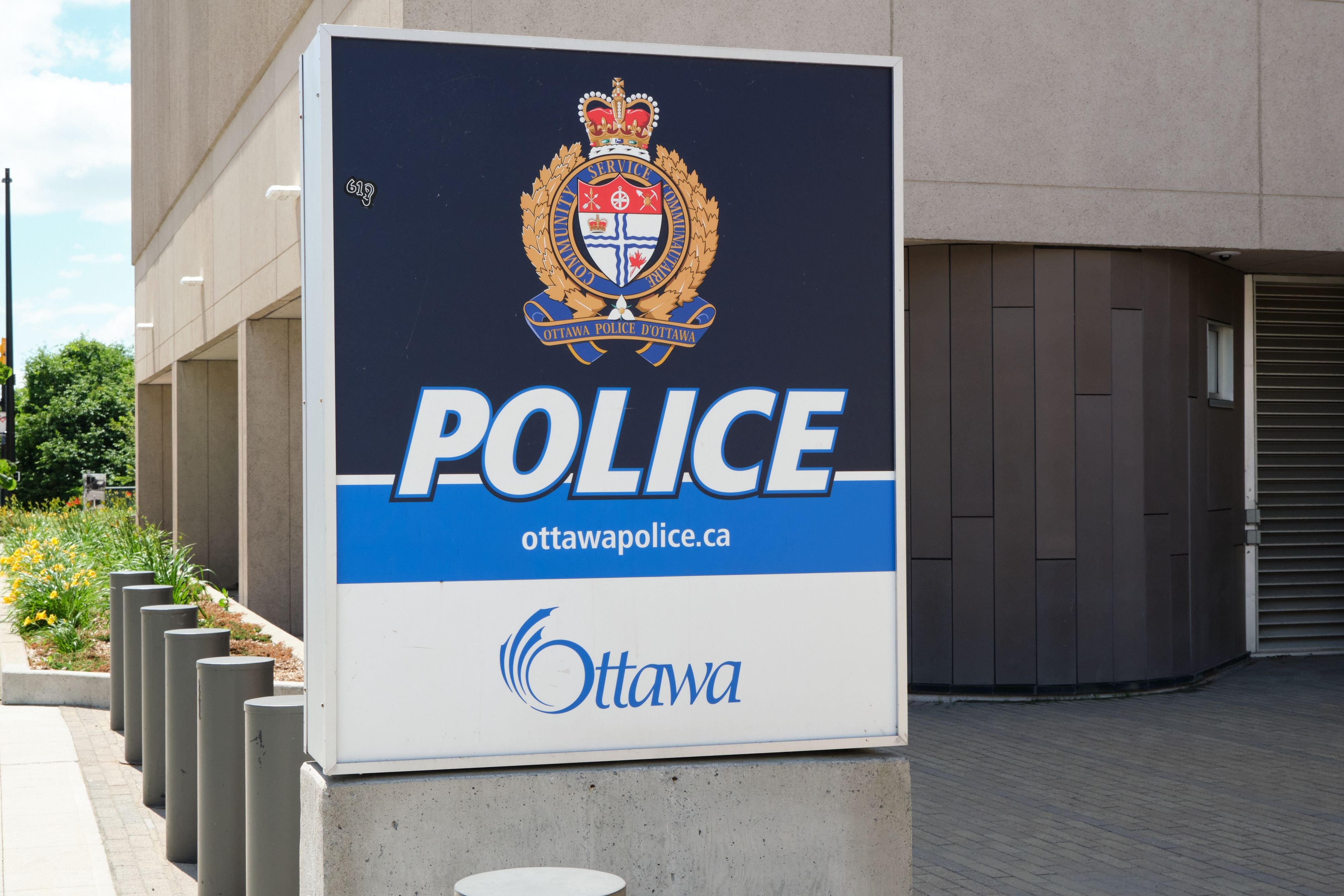Police forces need to acknowledge the boundaries of their authority, not whine about their feelings

Let’s dive into the delicate situation of police officers and their oh-so-sensitive emotions. We all know that when a toddler throws a tantrum over a cookie, it’s no big deal. But the stakes skyrocket when we’re talking about someone armed to the teeth and tasked with enforcing the law.
So, imagine the scene: the Ottawa Police Association loses its mind because one of its officers was told that if she wanted to attend her kid’s Grade 1 classroom on take your parent to work day, she couldn’t bring her beloved gun and handcuffs along. She was told that she shouldn't wear her uniform if she wanted to come to class. The horror!
The teacher’s request was entirely in line with the Ottawa-Carleton District School Board (OCDSB) policy, which explicitly forbids police officers from strutting around in uniforms while addressing students.
And it’s not like the school board pulled this policy out of thin air. The policy came after a thorough review of the Police Involvement in Schools Policy and consultation with the public.
And guess what? Many community members from diverse backgrounds raised serious concerns about police presence in schools. Surprise, surprise! Turns out, students from marginalized groups, like 2SLGBTQ+, Indigenous, and Black students, had negative experiences with uniformed police due to systemic racism and discrimination.
There is good reason to keep uniformed police away from our kids.
Ontario’s Education Minister, Stephen Lecce, couldn’t help but chime in. He found it “entirely unacceptable” that a school board dared to “prevent” a parent from attending their precious take your parent to work day.
Ottawa Mayor Mark Sutcliffe jumped on the bandwagon, too, expressing his disappointment that the officer was “turned away.”
Except, nobody said the officer couldn’t go to school or talk to students. She was not “turned away” or “prevented” from attending her kid’s class. All she was asked to do was leave her uniform at home. She decided to stay away from the classroom.
What’s genuinely harmful here is that Lecce, Sutcliffe, and the Ottawa police decided to prioritize the hurt feelings of one officer over the documented negative experiences of marginalized students.
And let’s not forget the cherry on top: the Ontario government decided to overrule the elected school board and the community’s wishes, ordering school boards to allow uniformed police at school events. Ah, yes, because deferring to the fragile egos of police officers always has such great consequences, like fostering their entitlement and authoritarianism.
Now, brace yourselves for the next act in this circus. After the uniform incident, an Ottawa student dared to give a police officer the middle finger while on a school bus, a harmless gesture that the thin-skinned officer couldn’t handle.
The officer pulled over and stormed the bus, unleashing a barrage of verbal beratement, even threatening the student with arrest. And to top it off, the cop decided to follow the bus back to the school and report the student to the principal.
If this is how the police react when kids are being kids, how can we feel comfortable giving them free rein in our schools?
Freedom of expression doesn’t end with the hurt feelings of a police officer. Earlier this year, a Quebec court ruled that “flipping the bird is a God-given, Charter-enshrined right for every red-blooded Canadian.”
So maybe it’s time for the police to educate themselves about the law instead of whining about their precious emotions. And let’s not forget the politicians who are always eager to stroke those police egos. They risk validating an alarming authoritarian pathology.
But hold on tight because we’re not done yet! Ottawa Police Chief Eric Stubbs doubled down following these incidents, expressing his hope to have even more uniformed police in schools because “most of the time, we’re there for positive reasons.” Well, Chief Stubbs, except when they aren’t so positive, right?
Here’s a gem from Stubbs: he claims he doesn’t want to “impose ourselves in a meeting with somebody if they don’t want to meet with us.” But imposing in schools or raiding school buses? No problemo!
If the police react with such a level of aggrieved shock at the mere thought of leaving their guns at home when they go to a first-grade class, if they consider a kid’s middle finger an act of aggression, how do you think they’ll react when their authority is rightfully challenged, but the public isn’t watching?
Police forces across the country have been refusing to educate themselves about the boundaries of their authority. They resist every reform effort, all while they manage to grift their way into ever-expanding budgets. And what’s worse, they’ve disregarded the communities they claim to serve and protect.
It’s high time we stop babying the delicate egos of the police and start realizing that sometimes they deserve nothing more than a good ol’ middle finger.











